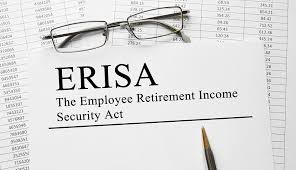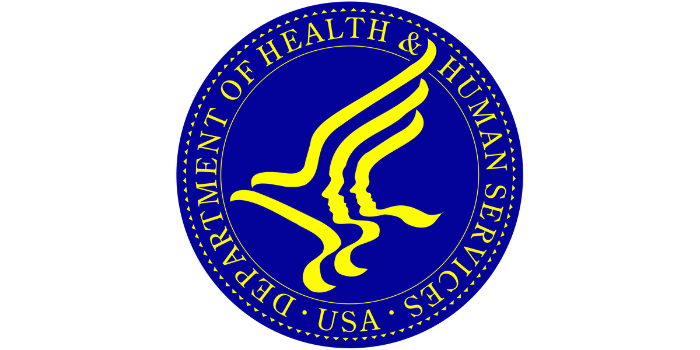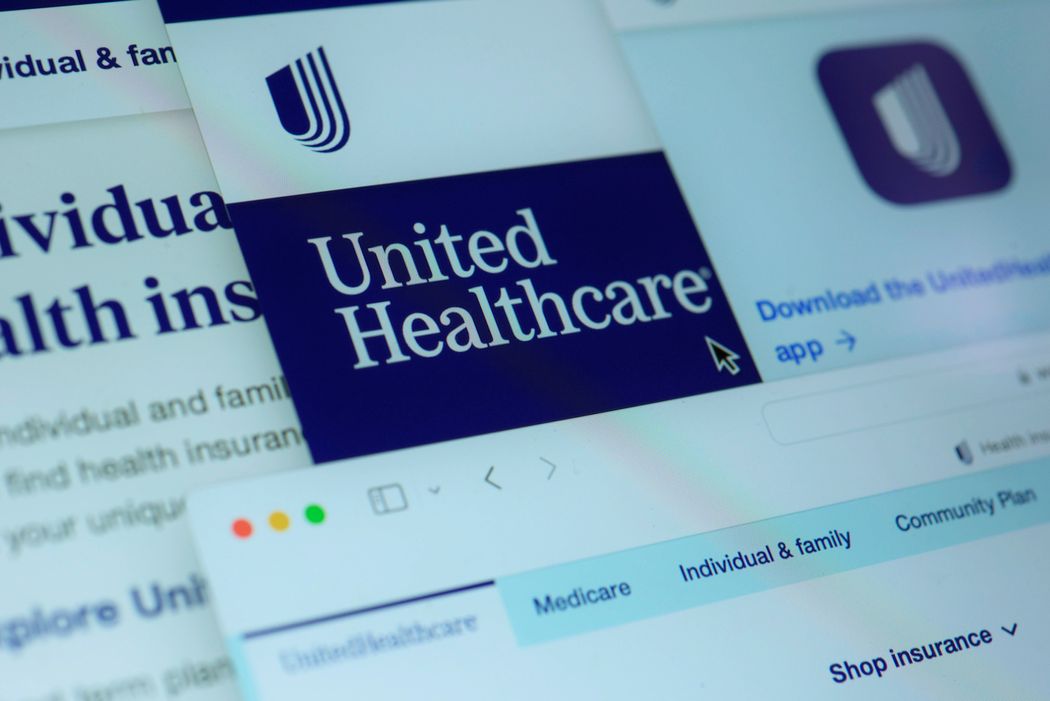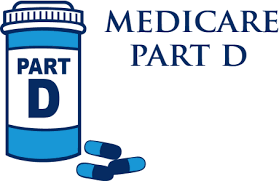Benefits Administration
Each year, employers that are subject to the Employee Retirement Income Security Act of 1974 (ERISA) must electronically file an annual report (Form 5500) for
On April 26, 2024, the U.S. Department of Health and Human Services’ (HHS) Office of Civil Rights (OCR) issued a final rule under Section 1557
In a recent turn of events, UnitedHealth Group (NYSE: UNH) has been diligently working to counteract the effects of a significant cyberattack on the U.S.
The Inflation Reduction Act of 2022 (IRA) includes several cost-reduction provisions affecting Medicare Part D plans, which may impact the creditable coverage status of employer-sponsored
Workplace wellness refers to the education and activities that a worksite may sponsor in order to promote healthy lifestyles for their employees and their families.
Offboarding is the process of transitioning employees out of your organization due to resignation, termination or retirement. Offboarding requires employers to complete a variety of
Attracting and retaining employees has challenged employers since the onset of the COVID-19 pandemic. In 2024, the labormarket is expected to cool slightly; however, competition
You may have heard of health reimbursement arrangements (HRAs) before. These are employer-sponsored savings accounts that reimburse you for certain medical expenses. An individual coverage
The Employee Retirement Income Security Act of 1974 (ERISA) is a federal law that sets minimum standards for employee benefit plans maintained by private-sector employers.
Employers subject to Affordable Care Act (ACA) reporting under Internal Revenue Code Sections 6055 or 6056 should prepare to comply with reporting deadlines in early









